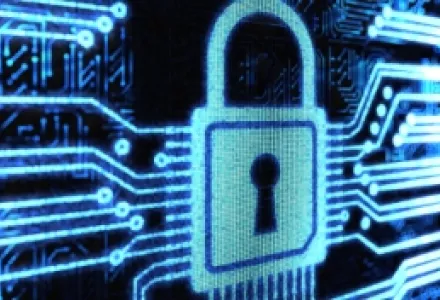What happens when the government's desire to access a suspect's encrypted electronic documents runs up against the Fifth Amendment right against self-incrimination? The current legal precedent for determining when the government can compel decryption is based on a 1970s Supreme Court case involving documents that were neither digital nor encrypted.
Several recent cases have illustrated the challenges of applying this precedent in an era in which nearly all documents are digital and encryption is becoming increasingly widespread. In the next several years, the Supreme Court will almost certainly be asked to address compelled decryption. When this happens, the Science, Technology, and Public Policy community can play an important role (for example, through "friend of the court" briefs) in helping to identify solutions that are more appropriate in light of the 21st century technology landscape.
This seminar will provide an overview of the background relating to compelled decryption and then present some of the current and future technology trends that will need to be considered when this framework is updated. It will also address some of the challenges in identifying an approach that can both safeguard constitutional rights while also ensuring that terrorists, human traffickers, and other criminals are not provided with an impenetrable legal shield for incriminating documents.
Please join us! Coffee and tea provided. Everyone is welcome, but admittance will be on a first come–first served basis.




